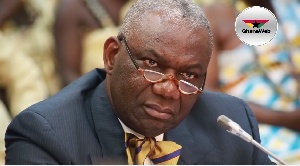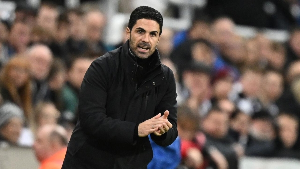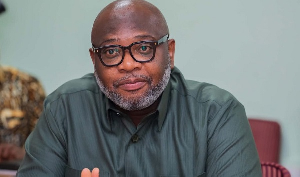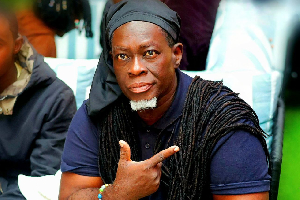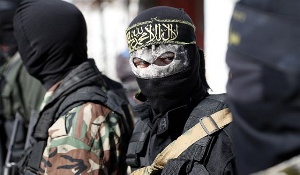If anyone ever thought the power crisis which bedeviled the country in the Mahama-led administration was a thing of the past, the person must rethink because the problem still persists, Energy Minister-designate, Mr. Emmanuel Boakye Agyarko, has said.
Admitting that there has been some stability on the electricity front, Mr. Agyarko said “the problem was never fully solved…it still lingers on.” At his vetting in Accra on Monday, the Energy Minister-designate said Ghana under the New Patriotic Party (NPP) government would move the country from the unreliable power supply to a period of “steady and uninterrupted power supply to the ideal state of uninterrupted power delivery.”
According to him, the power crisis the country has endured over the years was not technical but financial because Ghana has some of the finest brains and technical people in Africa in the area of energy.
“In trying to end dumsor, we have to improve the financial management and structuring within the energy sector and that is what I commit to do,” he assured.
He said Ghana’s energy sector was seriously “cash trapped” and was involved in “a debt merry-go-round” in the power delivery value chain.
The operations of the power producers, Volta River Authority and the independent power producers, the Ghana Grid Company and power distributor, the Electricity Company of Ghana were limited because they all owe huge debts and are in turned owed.
He observed that “ECG is not able to collect to pay GRIDCo, GRIDCo, therefore, is not able to pay the power producers, the power producers are not able to pay for crude, therefore, it limits their ability to generate power.”
He said between 40 and 45 per cent of the country’s installed capacity was idle because there was no gas to power the plants and the ones which needed to go on regular maintenance because there was no money to do that.
The government, he stated, would diversify the energy with additional hydro plants and would pursue sustainable means of funding the sector to ensure power was reliable and affordable.
In his estimation, the government annually owes the ECG GH¢66 million and that ministries, department and agencies would be weaned off the national grid onto solar in order to save the country that amount and reduce the financial pressure the ECG and allied institutions suffer due to government’s indebtedness to the ECG.
The government would also embark on “massive” rural electrification project so as to connect deprived communities to the national grid to raise their social life to appreciable levels adding there will be “major tariff reduction in those areas.”
Business News of Wednesday, 25 January 2017
Source: ghanaiantimes.com.gh

